Museologo, Critico e Storico dell’arte, specialista in Sostenibilità, Valorizzazione e Gestione museale ed in Marketing non convenzionale per la cultura. Già chief curator del MARS – Modern Art Center di Mosca (2002-2004), Curatore Museale della Fondazione Primo Conti (2005-2006), Direttore della Fondazione Dino Zoli Arte Contemporanea (2007-2008), Direttore Generale del Lu.C.C.A. - Lucca Center of Contemporary Art (2009-2021) e docente di Museologia e Marketing museale presso UMSA – Universidad del Museo Social Argentino di Buenos Aires (2013-2018). Attualmente lavora per il Ministero della Cultura – Soprintendenza Archeologia, Belle arti e Paesaggio per le province di Lucca e Massa Carrara (Sostenibilità, Valorizzazione e Gestione dei Beni Culturali e dei Musei), è docente di Museologia presso l'Università degli Studi di Pisa, docente di Marketing non convenzionale alla Facoltà di Economia di Roma Tor Vergata nel Master “Economia e Gestione della Comunicazione e dei Media”, docente di Governance e gestione culturale presso il Conservatorio Luigi Boccherini di Lucca nel Master MaDAMM. È Coordinatore dell'Osservatorio di Storia dell'Arte della Pontificia Accademia Mariana Internationalis. È componente della Giuria Internazionale di Florence Biennale 2023. E' membro del Consiglio Direttivo dell'Associazione Greenaccord onlus.
All the articles by Maurizio Vanni on Finestre sull'Arte
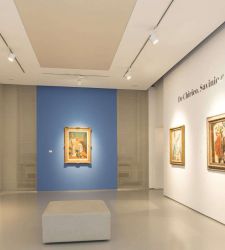
Everyone seeks to be well: yearning for emotional and social well-being is a thought that belongs to every human being. The aspiration to improve the conditions of one's existence, the ambition for a prestigious professional career and an increase in...
Read more...
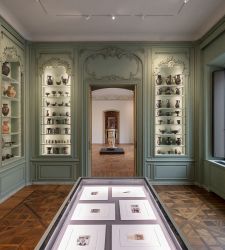
The Rome Declaration, with its 32 points summarizing the position of the G20 Culture, devotes much attention to environmental sustainability by recognizing the important role of culture in combating climate change. Awareness is taken that the environ...
Read more...
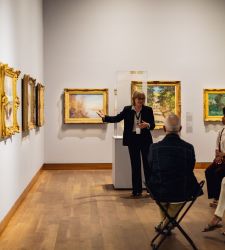
Social Responsibility responds to the needs of a museum that, in addition to the demands of the Faro Convention, cannot ignore the stress, states of anxiety, emotional disorientation, frustration and confusion that the pandemic has left in us. The ne...
Read more...
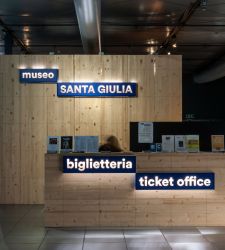
Economic sustainability is a fundamental dimension for culture-producing facilities that must be put in a position to fulfill their promises, to fulfill their being a public service and to pursue purposes of general interest (common good). Economical...
Read more...
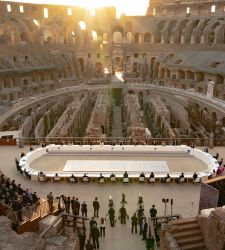
We all knew that nothing would ever be the same again, that the pandemic would irreversibly change the scenarios of our existence and our way of life. All of us, or almost all of us, were ready to roll up our sleeves and start again: the most optimis...
Read more...
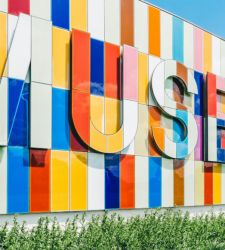
The new definition of a museum, made official in Prague in August 2022 by the Extraordinary General Assembly of ICOM - International Council of Museums, brings the museum institution closer to people by making it an active part of the territory. The ...
Read more...
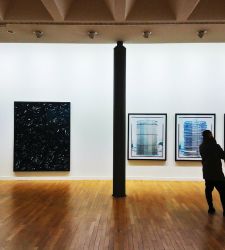
When we talk about the relationship between economy and culture, at least in Italy, there is often the impression that we want to exploit the arts or facilities that produce culture to make money. In reality, virtuous management of a museum, ...
Read more...
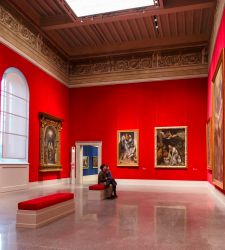
The new scenarios that await us after the Covid-19 pandemic, the most difficult and complex since the end of World War II, force us to rethink the management models, functions, problems, needs, but also opportunities that museums can br...
Read more...







